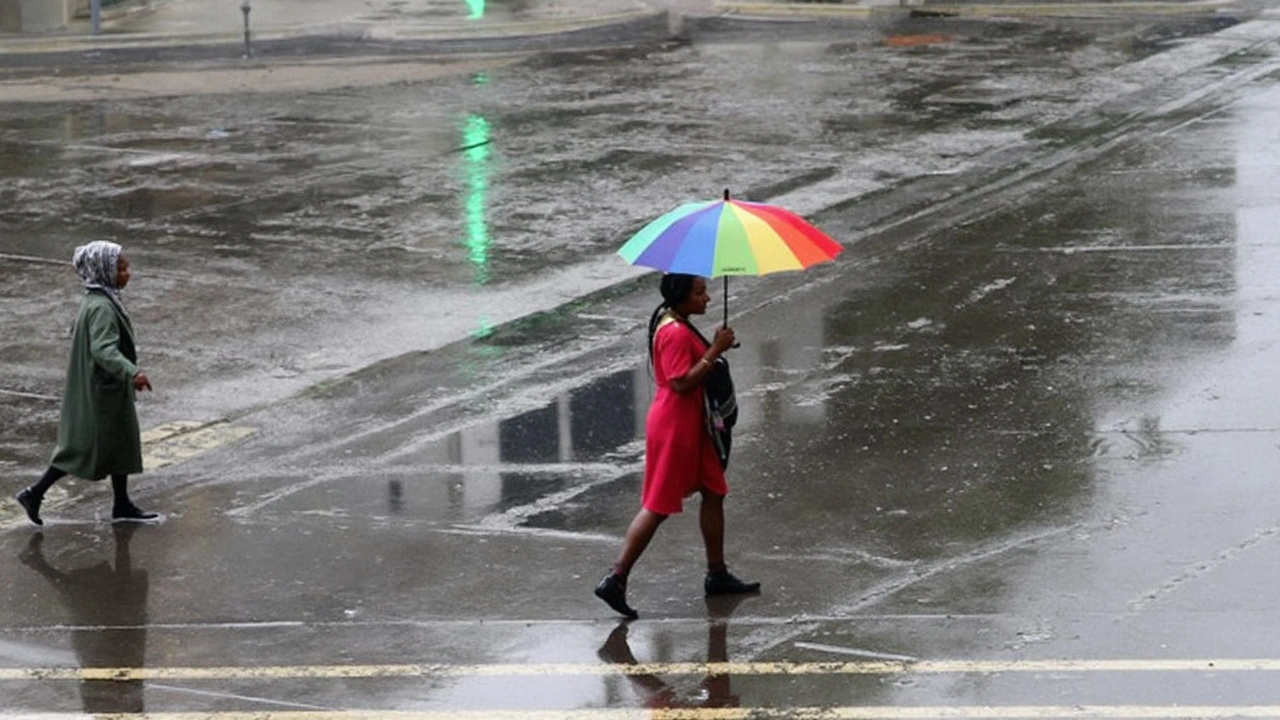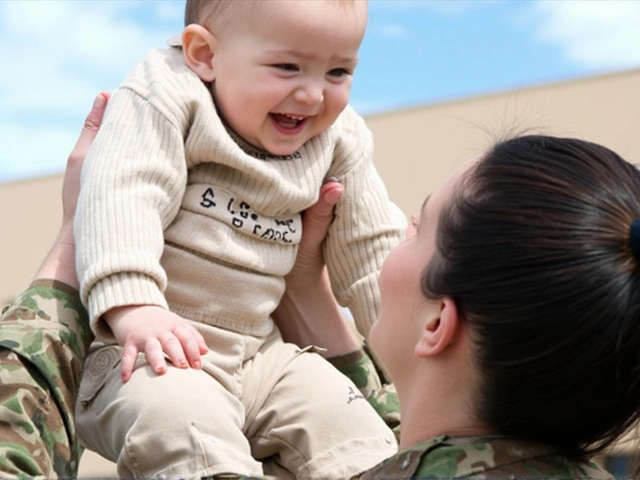Weather Warnings: What You Need to Know to Stay Prepared
Weather warnings pop up when the conditions outside are about to get rough. Whether it’s a sudden storm, heavy winds, or flooding, these alerts are there to help you stay safe and make smart choices. Ignoring a weather warning is risky – it could mean missing important info that affects your plans or safety.
So, what exactly do weather warnings cover? They typically include things like thunderstorms, high winds, flash floods, and extreme heat or cold. These warnings come from local weather services or meteorological departments keeping an eye on changing conditions. When you see a warning, it’s a heads-up to prepare, take action, or avoid certain areas.
How to React When You Get a Weather Warning
First, don’t panic. The warning is meant to give you enough time to act calmly. Check your local weather apps or websites regularly for updates — weather can change fast. If it says to stay indoors, make sure your windows and doors are secure. If there’s flooding expected, keep valuables off the floor and avoid driving through water. Having an emergency kit with essentials like water, flashlights, and batteries can be a lifesaver.
Planning ahead is key too. Know your area’s risks and have a plan for where to go or whom to call if things get worse. This could be as simple as picking a safe room in your house or knowing the nearest shelter. Share these plans with your family or housemates so everyone is on the same page.
Tools and Tips to Stay Ahead of the Weather
Smartphones have made it easier than ever to get timely weather warnings. Make sure notifications are turned on for your preferred weather apps or local news channels. You can also sign up for official text message alerts if your region offers them. It’s a good idea to keep a battery-powered radio handy too, in case of power outages.
Understanding the difference between a "watch" and a "warning" can help you respond better. A watch means conditions are right for severe weather, so stay alert. A warning means the event is happening or about to, so take immediate action. Knowing these basics helps you avoid confusion and react with confidence.
By staying informed and prepared in advance, you reduce the chances of weather surprises turning into emergencies. Keep tabs on current conditions, follow advice from officials, and don't hesitate to seek help if needed. Weather warnings might feel like a hassle sometimes, but they’re your best tool to stay safe no matter what nature throws your way.






